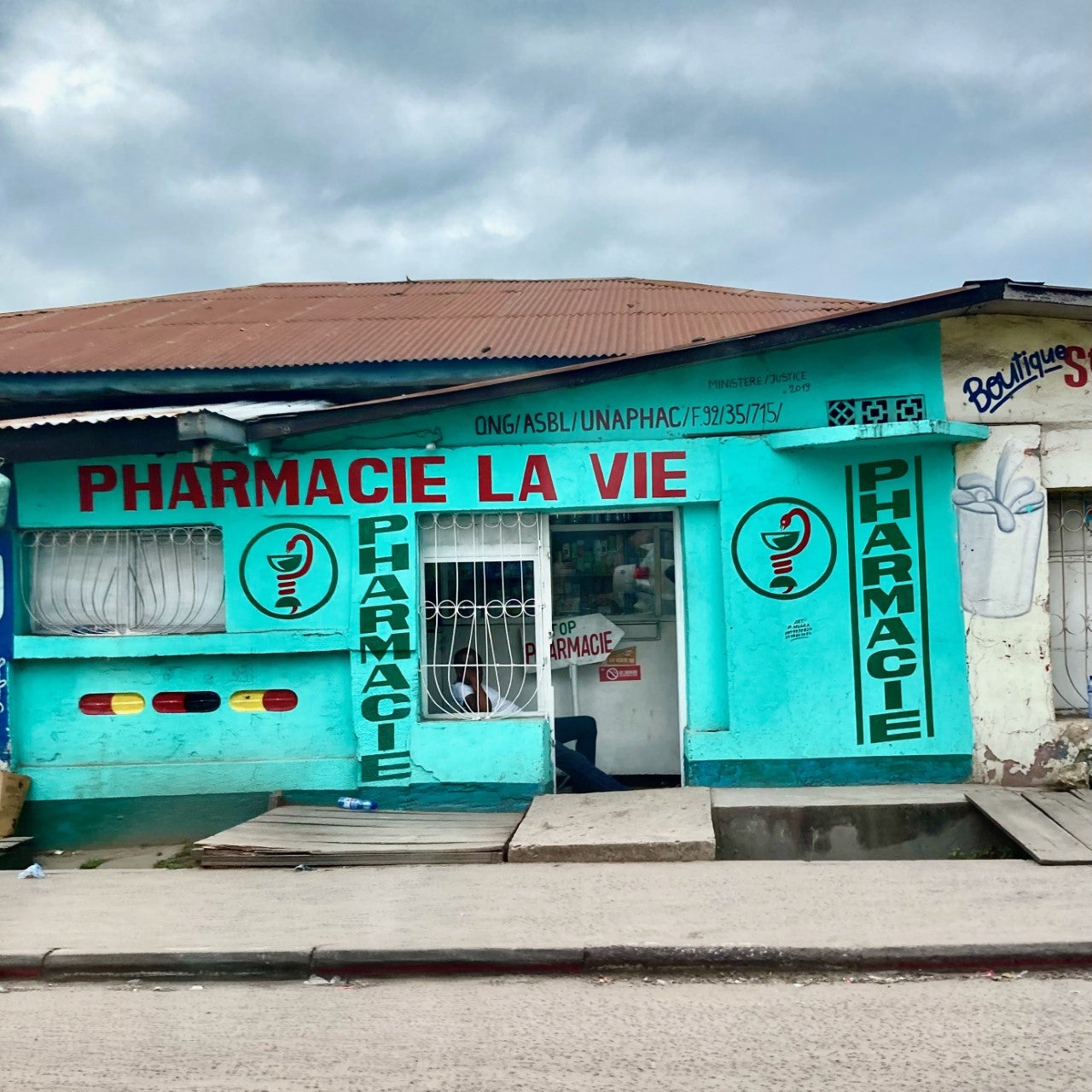Catalytic Opportunity Fund
Expanding opportunities for DMPA-SC self-injection in the DRC
Role: Prime Recipient
Donor: Clinton Health Access Initiative (CHAI) / Access Collaborative
OBJECTIVES
The project aimed to generate evidence to support policy changes enabling pharmacy and drugstore (P&DS) operators to provide counseling, injections, and initiation to self-injection of the subcutaneous depot medroxyprogesterone acetate (DMPA-SC) contraceptive in the Democratic Republic of Congo (DRC). Tulane University, in collaboration with local stakeholders and Pathfinder International, sought to address regulatory barriers by evaluating the feasibility and acceptability of P&DS operators offering these services. The project was designed to inform policy advocacy efforts, particularly the development of a formal policy memo (“note circulaire”) by the Ministry of Health to authorize P&DS involvement in DMPA-SC service provision.
Methods
The project implemented a multi-phase research and advocacy strategy, including protocol development, ethical approvals, and extensive field training. A cohort of 300 DMPA-SC users was recruited through community-based campaigns, with 83.6% opting for self-injection. Follow-up interviews were conducted three months later, with a 10.3% loss to follow-up rate. Additionally, 48 P&DS operators were trained to provide DMPA-SC support, with 42 completing follow-up interviews. The project also incorporated a mystery client component, where trained individuals visited P&DS outlets to assess service quality. Findings were disseminated through stakeholder workshops, webinars, and policy engagement meetings to influence decision-makers.
Key Results
The study demonstrated that P&DS operators could effectively provide DMPA-SC-related services, with 80-90% of trained operators expressing confidence in supporting clients. However, some hesitancy remained regarding youth clients and waste disposal. Mystery client visits revealed high accessibility (97.6% success in purchasing DMPA-SC doses), but identified areas for improvement in counseling and disposal practices. These findings played a critical role in advocacy efforts, leading to the drafting of a policy memo authorizing P&DS operators to offer DMPA-SC services. Future steps include finalizing operational guidelines and exploring scale-up opportunities through social marketing and government programs.
